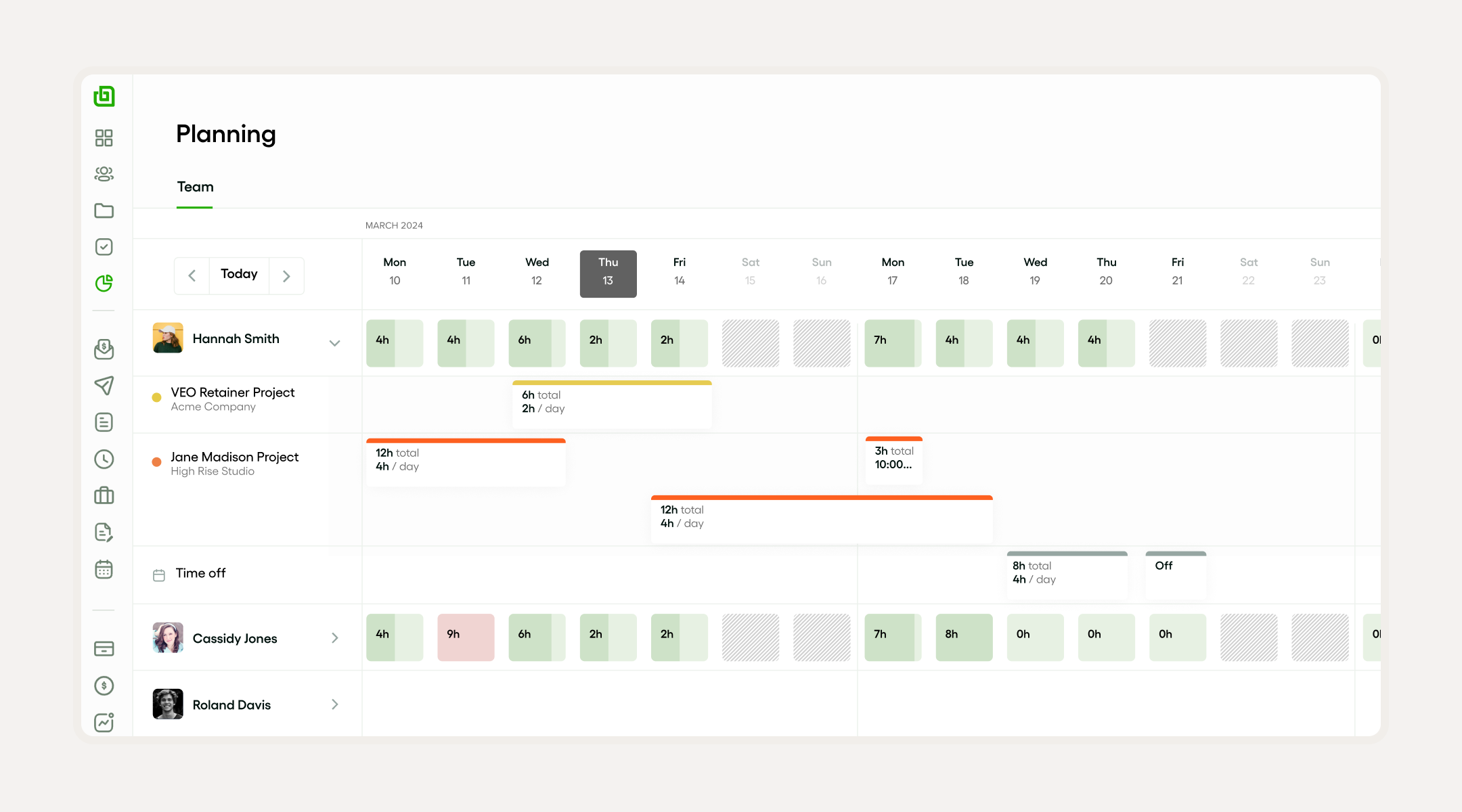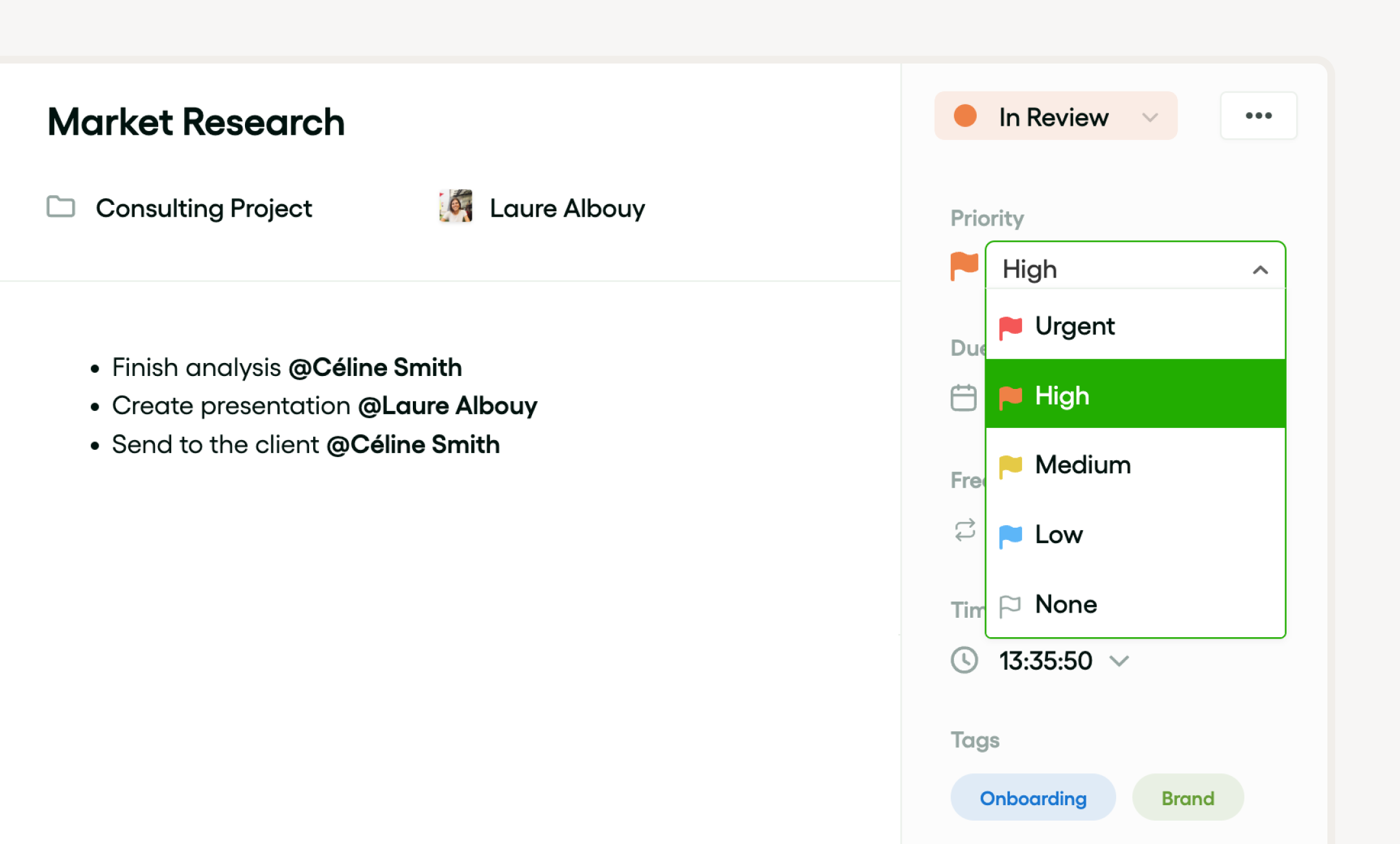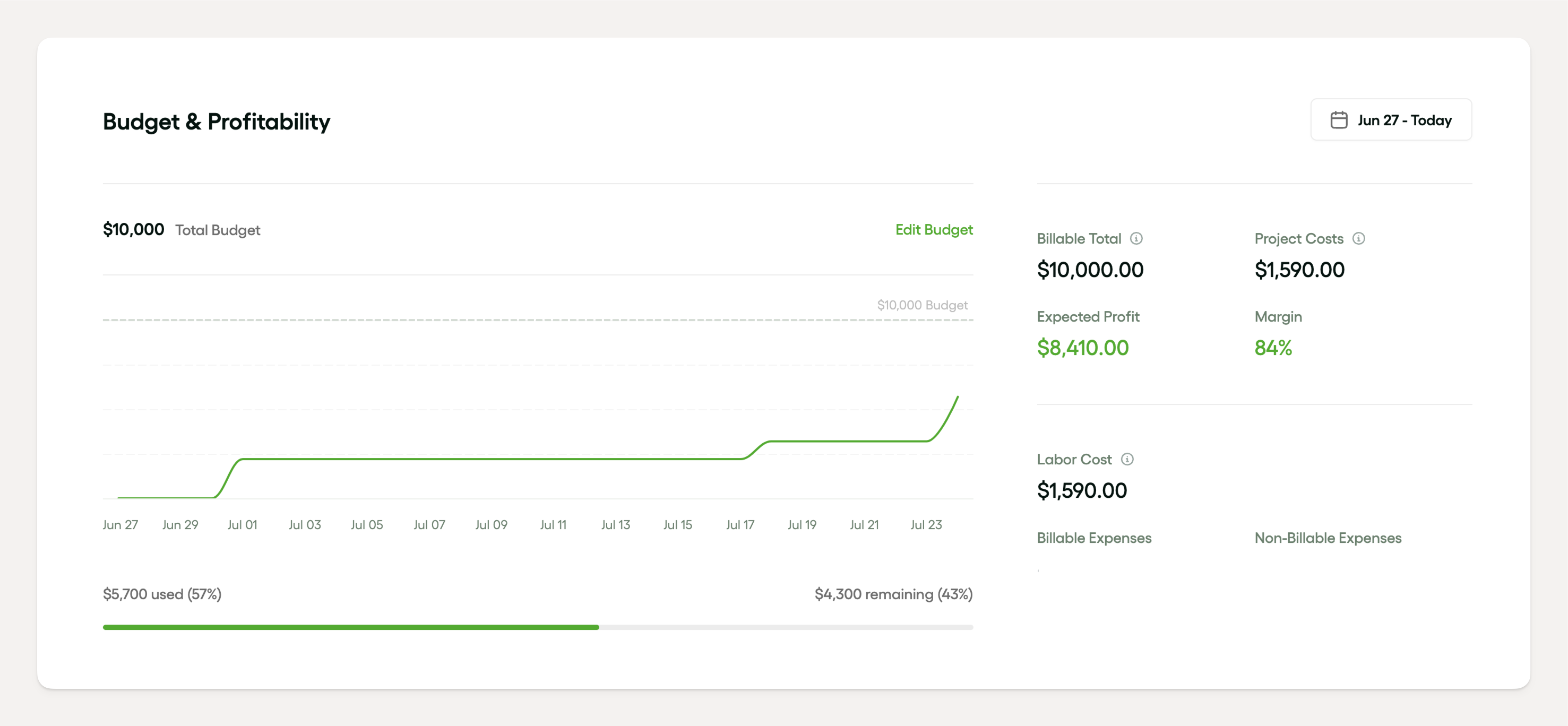Introduction to the four functions of management
Good management depends on four main functions: planning, organizing, leading, and controlling. These principles are the basis of successful project management.
What is management and why is it important
Management is a process that sets goals, plans, organizes resources, leads people, and controls operations. It helps organizations reach their goals by using resources efficiently and maintaining quality.
Management needs both strategic and operational planning to make sure performance is at its best. Different ways of leading can be used to assist teams reach their goals. Good management and regular checks on performance are key to productive and efficient organizations.
Overview of the four functions of management
- Planning involves setting goals and making strategic and operational plans.
- Organizing is about managing these resources to get the best performance.
- Leading guides the team to reach business goals.
- Controlling consists of checking performance and managing quality.
All these parts work together to set goals and make performance the best it can be.
.png)
Deep dive into the four functions of management
Let’s review each management function one by one:
Planning: The first step towards success
Good planning is the foundation of management and sets the stage for success. Planning takes into account long-term plans and daily, short term activities. Successful leaders are organized and monitor performance as the project progresses to control how work is done.
Organizing: Building a structured framework
Effective management and careful planning are key to organizing tasks. Setting goals is a big part of this. It assists in creating a clear plan with targets, resource planning, and more. All these steps are crucial for creating a strong organization.
Keeping track of performance, and improving performance are part of the control function, which we’ll cover below. But they’re also essential for maintaining and growing the organization.
Leading: The art of influencing others
Leadership is about good management and the ability to influence others. Different leadership styles can help with strategic planning. This sets the stage for operational planning and project management. Leadership roles focus on setting goals, and improving performance too.
Controlling: Ensuring everything goes according to plan
The controlling part of management is crucial. It keeps projects on track and ensures everything follows the plan. This involves knowing the goals perfectly, keeping track of progress, and making changes if needed to keep things going well.
The better and more careful controlling, the better resources are used and the higher the performance.
How the four functions of management work together
The four parts of management are interrelated, and each is required to manage a team or project well. When each of the four functions are working well, you can create an effective management system. Below we’ll look at how certain functions influence each other.
How planning influences organizing
Strategic planning creates a roadmap for setting goals and guiding the company’s direction. Strategic planning helps answer the following questions:
- What resources are needed?
- How to allocate them?
- Sets goals for different teams and departments
The answers and planning then shape how the company organizes its operations, including managing projects and quality. There’s a feedback loop between planning and organizing that keeps operations running smoothly. This cycle involves constantly monitoring performance and controlling functions. It adjusts plans as needed and reorganizes tasks and creates a dynamic but structured environment.
How leading and controlling are connected
Leading involves setting goals, picking leadership styles based on the situation, and guiding staff to achieve these goals. Controlling involves monitoring performance to make sure goals are met on time and to standard.
Both leading and controlling have a big impact on areas like project management and resource allocation. They’re crucial in both operational and strategic planning, which creates a strong link between leading and controlling.
How to apply the four functions of management
So how do you actually apply these functions to your daily work? In project management, for example, planning is used to set objectives and allocate resources. Likewise, organizing involves coordinating and arranging various tasks to achieve goals. Software and tools can also help to apply these four functions.
Project management tool: Simplifying business operations with Bonsai

With Bonsai, streamline operations by automating repetitive tasks, increasing efficiency and allowing team members to focus on high priority activities. A software like Bonsai supports all four functions of management.
Planning in Bonsai
Tools for project management, like Bonsai, help with task tracking, resource planning, gantt timelines and more. These tools all help strategic planning from setting goals to operational execution.

Organizing with Bonsai
With Bonsai, you can keep all client projects organized. Invite your team, consolidate important docs and start organizing your tasks. Everything you need related to that project is found in Bonsai, keeping you organized and efficient.
It makes it easier to track performance and keep tabs on all projects, across clients and teams.

Leading through communication with Bonsai
Here are some ways Bonsai improves management:
- Makes planning easier by allowing for easy task communication, as well as setting objectives
- Bonsai helps with managing projects, supports different leadership styles, and aids in tracking performance for improvement.
.png)
Controlling with Bonsai
Bonsai has great features for monitoring goals and ensuring projects are delivered on time and budget. With budget tracking, time tracking and reporting, it’s easier to know where projects stand and spot errors that need course-correcting.

The impact of effective management on business success
Good management is critical to business success. Planning, organizing and leading help managers plan strategically and operationally. It provides a framework to set objectives and assign resources for managing projects. Success management and leadership creates a good work environment and optimizes performance.
Planning boosts productivity
Productivity is closely tied to good planning. This includes making a strategic plan and setting goals, which act like a guide for doing tasks. This then has a critical impact in performance, monitoring and managing quality. Structured plans ensure the team stays focused and works effectively to reach their goals.
Organizing streamlines operations
Organizing functions are key in making operations more efficient and improving strategic planning. Part of this function is managing resources effectively, and carrying out operational planning to make the project management workflow smooth and efficient. This helps in several ways:
- It reduces waste by allocating resources properly
- It improves performance and helps reach goals through monitoring
- It keeps operations at a high standard through quality management
Organizing functions form the basis for leading and controlling functions, which are crucial for an efficient business operation.
Leading influences satisfaction and retention
It’s crucial to understand that good management influences employee happiness and can help keep them with the company. Giving a clear direction and vision of the future are essential ways to keep employees satisfied and motivated.
Controlling minimizes risks and maximizes profits
When it comes to controlling, monitoring performance is important. It helps reduce risks and increase profits through managing quality. The aim is to keep growing and stay stable.
Conclusion: The power of mastering the four functions of management
Excelling at the four functions of management can really improve your company’s efficiency and success.
Strategic planning and providing the right resources help achieve the company’s goals. Good leadership also creates a positive work environment that encourages new ideas and high-quality performance.
Keeping a close eye on controlling functions like monitoring performance and managing quality ensures stable growth. In conclusion, these four functions work together to create effective management and improving how the company works.






